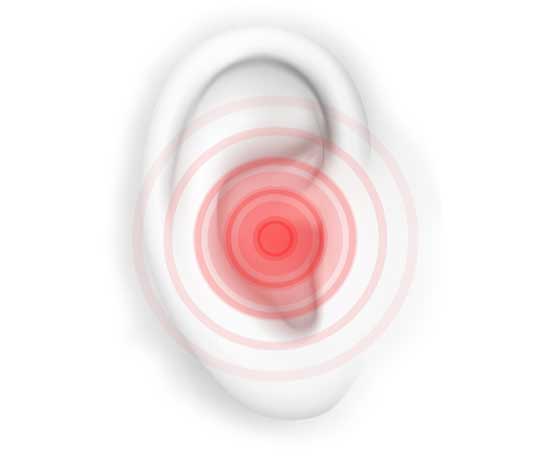Different fungi cause ear infections
More than one type of fungus can cause otomycosis, so it might be hard to know for certain which one’s responsible. It’s believed that one kind, aspergillus, is behind about 75% of fungal infections. Candida is the next most common, while phycomycetes and the rhizopus are rarer still.
Some of these fungal species only exist in certain environments which affects your chances of developing otomycosis.
What to expect if you think you’ve got a fungal ear infection
A fungal ear infection needs to be diagnosed by your GP or a qualified medical practitioner. It’s important for your GP to know your full medical history. If you have diabetes or a weaker immune system, you’re more likely to suffer from a fungal ear infection.
Otomycosis can sometimes be misdiagnosed as an outer ear infection. The symptoms can be similar and bacterial infections are more common than fungal.
But a fungal ear infection won’t respond to antibiotic ear drops, so if your condition doesn’t change after using this kind of medication, it’s possible a fungus is to blame.
Your doctor will need to take a sample of any discharge from your ear and get it analysed to know whether your infection is caused by a fungus.
Most people can be treated effectively, although for some, particularly elderly patients, there is a concern that the infection can spread, so they’ll need more support.





